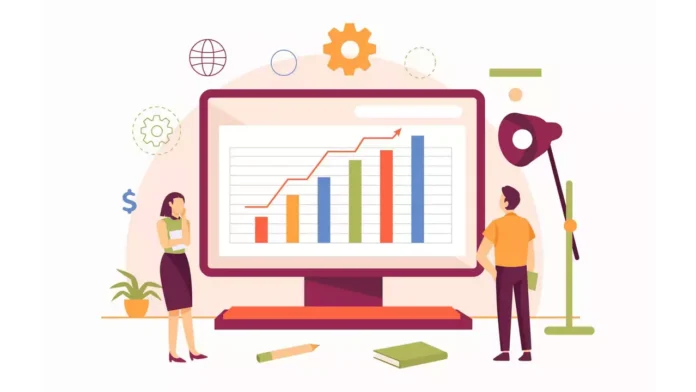Knowing which pitches and negotiations are truly indicative of growth potential is like negotiating a complicated maze in the fast-paced world of sales, where every one of them could be the difference between success and failure. The terrain where the subtleties of sales success offer a vivid picture of ventures worthy of investment exists beyond the basic numbers and conventional measurements. This post will explore the nuances of the measurements that measure success and reveal the unrealized potential that drives future prosperity.
1.Conversion Rates: The Art of Turning Leads into Gold
Conversion rates, often seen as a basic metric, carry profound implications for growth potential. Beyond the mere percentage, understanding the journey from lead to conversion unveils insights into the effectiveness of sales strategies. High conversion rates not only signify a robust sales process but also indicate an alignment between the product or service and the needs of the market.
2.Customer Acquisition Cost (CAC): Balancing Investment and Return
Investment in sales endeavors is inevitable, but the key lies in striking a balance. Customer Acquisition Cost (CAC) goes beyond the financial investment; it encapsulates the resources, time, and effort expended to convert a prospect into a customer. A low CAC indicates efficiency, ensuring that the growth achieved is not overshadowed by exorbitant acquisition costs.
3.Customer Lifetime Value (CLV): The True Measure of Success
While securing new customers is paramount, understanding their long-term value is equally crucial. Customer Lifetime Value (CLV) gauges the total worth of a customer throughout their engagement with the business. A high CLV not only indicates customer satisfaction but also suggests the potential for upselling, cross-selling, and cultivating a loyal customer base that acts as a sustainable growth engine.
4.Sales Velocity: Accelerating Growth Momentum
Sales velocity measures the speed at which deals move through the pipeline, from initial contact to closure. A high sales velocity not only signifies efficiency but also indicates the potential for rapid scalability. It’s not just about closing deals; it’s about doing so with agility and maintaining momentum in the market.
5.Lead Response Time: The Race Against Competitors
The swiftness with which a sales team responds to leads directly impacts conversion rates. It’s a real-time reflection of the team’s agility and the level of importance accorded to potential customers. In the competitive landscape, a rapid response can be the decisive factor that tips the scale in favor of a particular business.
Churn Rate: Retention as a Growth Strategy
While acquiring new customers is essential, retaining existing ones is equally vital for sustained growth. Churn rate measures the percentage of customers who discontinue their engagement with a business. A low churn rate not only indicates customer satisfaction but also frees up resources that can be redirected towards acquiring new customers, creating a cyclical pattern of growth.
The metrics that truly measure sales growth potential go beyond the surface-level numbers. They provide a nuanced understanding of the efficiency, effectiveness, and sustainability of sales efforts. By analyzing conversion rates, CAC, CLV, sales velocity, lead response time, and churn rate, businesses can unearth insights that guide strategic decisions, ensuring that every investment in sales contributes not just to immediate success but lays the groundwork for a future of sustained growth and prosperity.





